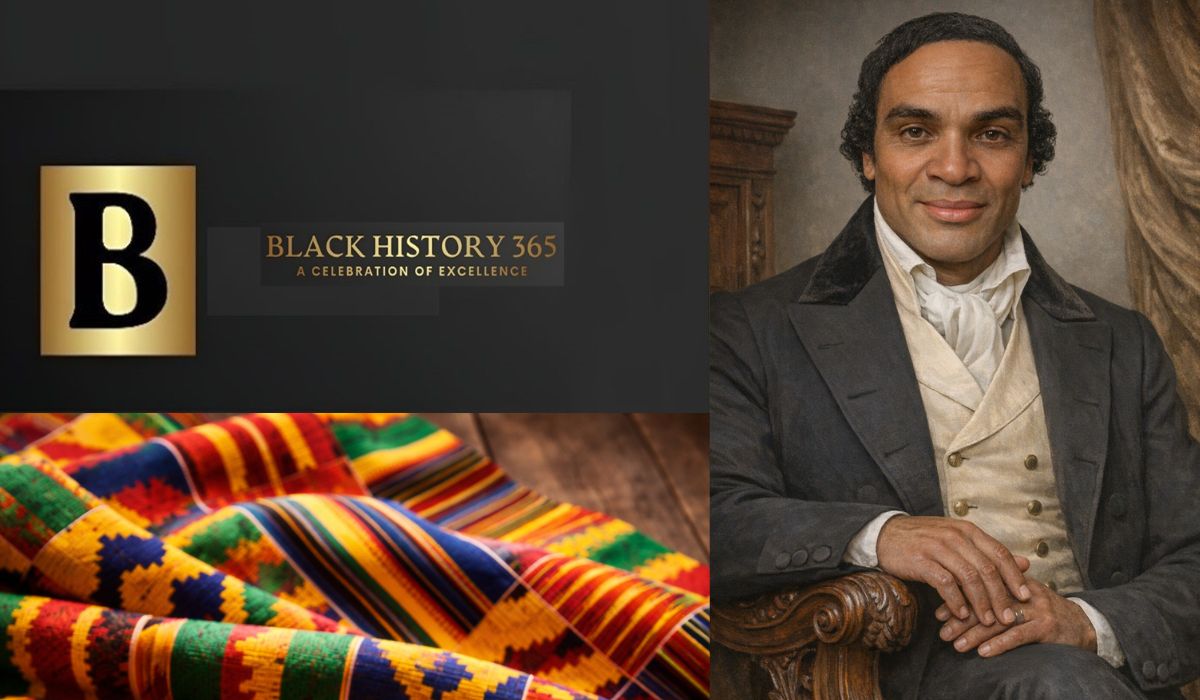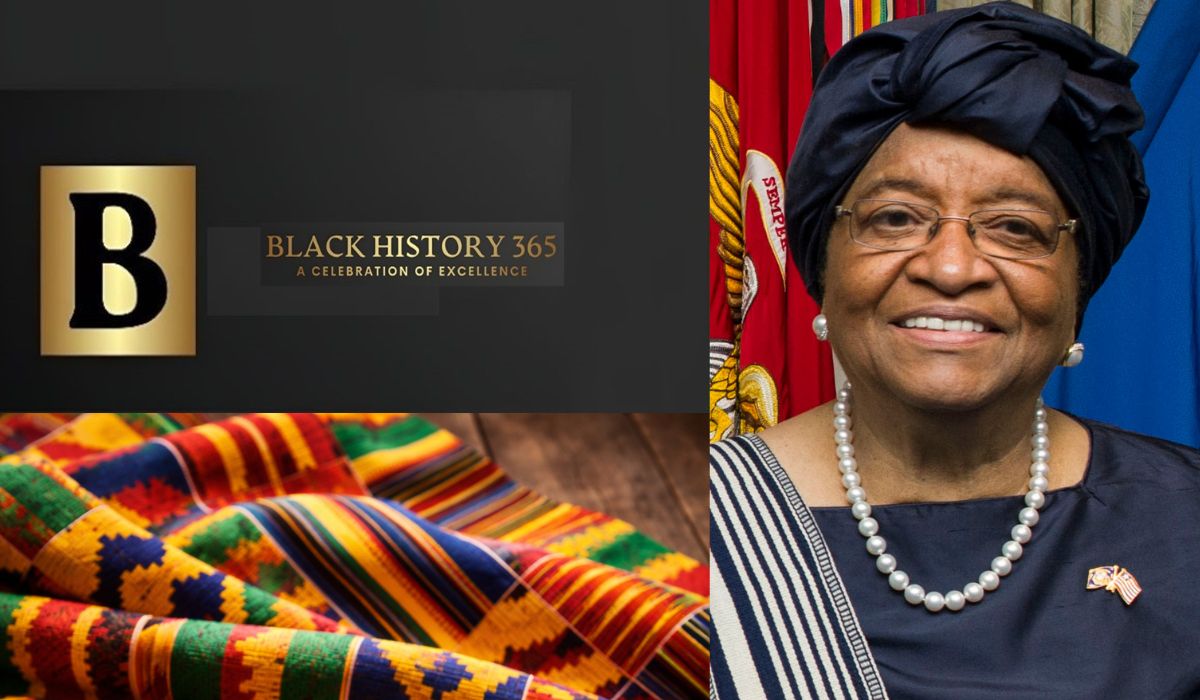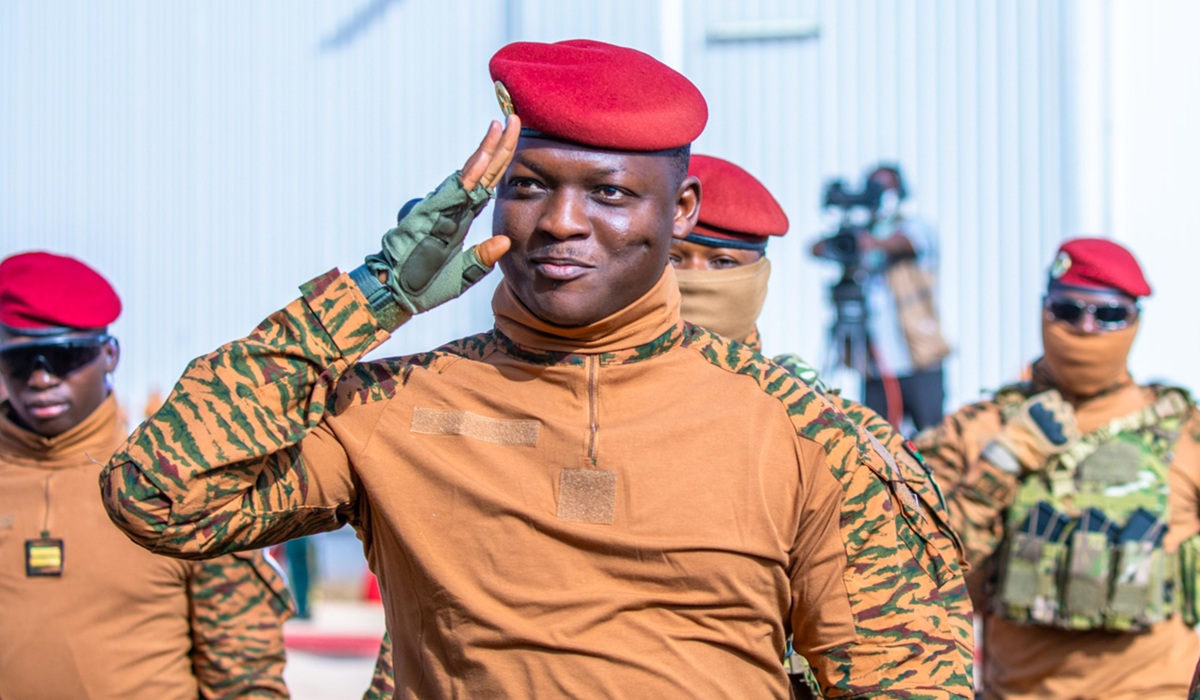Why did it take until now for Canada to appoint an Indigenous person to lead Indigenous Services?
- Kingston Bailey
- Indigenous
- Trending News
- May 14, 2025

In what should have happened decades ago, Canada has finally appointed an Indigenous person to lead the department responsible for Indigenous Services. Mandy Gull-Masty, a Cree leader from Nunavik, now holds the portfolio of Minister of Indigenous Services Canada — a milestone that arrives far too late in the nation’s history. Her appointment under Prime Minister Mark Carney’s new cabinet signals an undeniable shift in tone and approach. But it also begs the question: why did it take so long for this department, whose entire mandate is to serve Indigenous communities, to be led by someone who is actually Indigenous?
For years, decisions affecting Indigenous peoples have been made without Indigenous leadership at the helm. This deeply flawed model – a colonial relic masquerading as modern governance – has long placed non-Indigenous bureaucrats and ministers in positions of authority over Indigenous health, education, infrastructure, and development. It’s an approach that has failed time and time again. And yet, for nearly a decade since the department’s creation, no government thought it necessary or appropriate to put an Indigenous voice in charge. That changes now with Gull-Masty, and while her appointment is welcome, it is a damning indictment of Canada’s political inertia on reconciliation.
Mandy Gull-Masty brings with her a lifetime of lived experience and community service. As the former Grand Chief of the Cree Nation Government and Deputy Grand Chief of the Cree Nation of Eeyou Istchee, she has been a fierce advocate for Cree autonomy, environmental protection, and Indigenous self-governance. She understands the weight of colonial systems not in the abstract, but in the tangible struggles her communities have faced for generations. Unlike previous ministers who approached the portfolio as a policy problem to manage, Gull-Masty embodies the reality of those she now serves.
Indigenous Services Canada (ISC) was created in 2017 when the federal government split the former Department of Indigenous and Northern Affairs Canada (INAC) into two separate ministries: Indigenous Services and Crown-Indigenous Relations. The goal was ostensibly to improve services and foster a path toward self-determination. But in practice, ISC has functioned more like a sprawling bureaucracy bogged down by colonial frameworks, outdated regulations, and paternalistic oversight.
At the root of this dysfunction lies the Indian Act — an archaic and oppressive piece of legislation first passed in 1876, which still dictates significant aspects of Indigenous life in Canada. From determining who is legally “Indian” to controlling reserve lands and band councils, the Indian Act remains one of the last living artifacts of Canada’s colonial playbook. It is a law designed not to empower, but to control. For decades, Indigenous leaders have called for its repeal or, at the very least, comprehensive reform. Yet, governments have consistently balked, fearing the political and logistical ramifications of undoing such a deeply entrenched statute.
Ironically, one of the rare moments when an Indigenous leader could have been placed in charge of Indigenous Services Canada came during Justin Trudeau’s 2019 cabinet shuffle. It was reportedly then-Attorney General Jody Wilson-Raybould — an Indigenous woman herself — who was offered the role. It was alleged she turned it down. And honestly, who could blame her? At the time, Wilson-Raybould was already in conflict with the Trudeau government over matters of political interference and ethics. Taking the helm of a department still constrained by the archaic and paternalistic Indian Act would have been a symbolic appointment at best, not a platform for meaningful change. If it was factual, the position was offered, her refusal was no missed opportunity — it was a deliberate rejection of the status quo and a clear message that true empowerment can’t come from presiding over a system built to control.
Gull-Masty now inherits the same challenges Wilson-Raybould refused to validate: a ministry encased in colonial legacy and expected to operate as a vehicle for reconciliation while being trapped in legislation that impedes real autonomy. She must walk a tightrope between reforming systems from within and pushing hard against them from the outside. If anyone can strike that balance, it is her. But make no mistake — this will not be a ceremonial role, and she cannot succeed if she is surrounded by bureaucrats and colleagues unwilling to dismantle the structures that created the problem in the first place.
Her appointment is also politically significant in another way. More than half of Prime Minister Carney’s cabinet is composed of new faces, signaling a clear break from the Trudeau era’s top-down, performative reconciliation strategy. Gull-Masty’s inclusion is not tokenism — it is the long-awaited correction of a systemic exclusion that undermined Indigenous trust in the federal government for decades. Her leadership has the potential to finally shift Indigenous Services from a top-heavy institution of gatekeepers to a ministry of empowerment led by someone who knows the stakes intimately.
Still, the presence of an Indigenous minister is not a silver bullet. The road to justice for First Nations, Métis, and Inuit communities is long and fraught with entrenched resistance. Major policy overhauls, including the dismantling or rewriting of the Indian Act, will require support from across government, particularly from Crown-Indigenous Relations and Justice Canada. If the Carney government is serious about doing more than window-dressing, it will have to back Gull-Masty with resources, legal authority, and political capital.
There is also the larger question of accountability. The residential school legacy, ongoing boil water advisories, the housing crisis on reserves, and the epidemic of missing and murdered Indigenous women and girls remain unresolved. These aren’t merely symptoms of underfunding — they are the predictable outcomes of a system that refuses to let go of control.
It’s time Canada stopped pretending reconciliation is about inclusion into existing systems. Reconciliation means building new systems altogether — ones designed with Indigenous nations, not for them. Mandy Gull-Masty’s appointment should not be seen as the end goal of representation. It is merely the beginning of a long and necessary dismantling of a department that, until now, failed to live up to its name.
Let’s be clear: Canada doesn’t get points for finally doing the right thing after ignoring generations of Indigenous voices. But with Gull-Masty at the helm, it might just stop doing the wrong thing — and that, finally, is a start.








